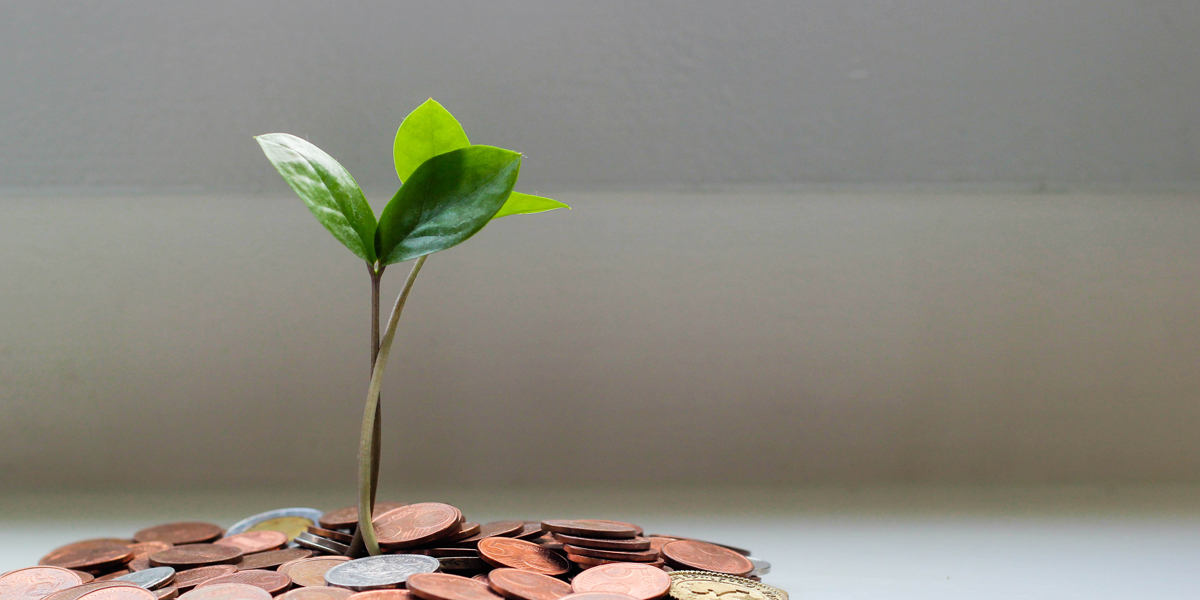
Pre-seed and seed investment are both early stages of venture capital funding for startups. However, there are some key differences between the two that are important for entrepreneurs to understand.
Pre-seed investment
Pre-seed funding is typically the very first round of funding for a startup. It is used to cover the costs of developing a prototype, conducting market research, and building a team. This type of funding is often provided by friends and family, angel investors, or accelerator programmes (such as SETsquared Bristol). The amount of money raised in a pre-seed round can range from a few thousand pounds to a few hundred thousand pounds.
Seed investment
Seed funding, on the other hand, is the next step after pre-seed funding. It is used to further develop the product or service, conduct more extensive market research, and scale the business. Seed funding is often provided by angel investors, seed funds, or venture capital firms. The amount of money raised in a seed round can range from a few hundred thousand pounds to a few million pounds.
So, what’s the difference?
One key difference between pre-seed and seed funding is the level of risk involved. Pre-seed funding is considered to be higher risk because the startup is still in the very early stages of development and may not have a proven track record. Seed funding, on the other hand, is considered to be lower risk because the startup has a working prototype, a team in place, and some traction in the market.
Another difference is the level of control and ownership that the investors have in the company. In pre-seed funding, the investors typically have less control and ownership in the company because the startup is still in the very early stages of development. In seed funding, the investors typically have more control and ownership in the company because the startup has a proven track record and is further along in its development.
In summary
Ultimately, pre-seed and seed funding are both early stages of venture capital funding for startups. It’s crucial that you know what stage you’re at and therefore what to ask for and what the implications are. Even if you get pre-seed investment it’s useful to also consider how seed investment will be different, if and when you go for it.
At Gravitywell, we love working with enthusiastic startups and can help with prototypes, pitch decks, MVPs, conceptual work and investment advice. If you’d like to discuss how we can take your idea to the next level, get in touch.
Bristol's Venture Studio